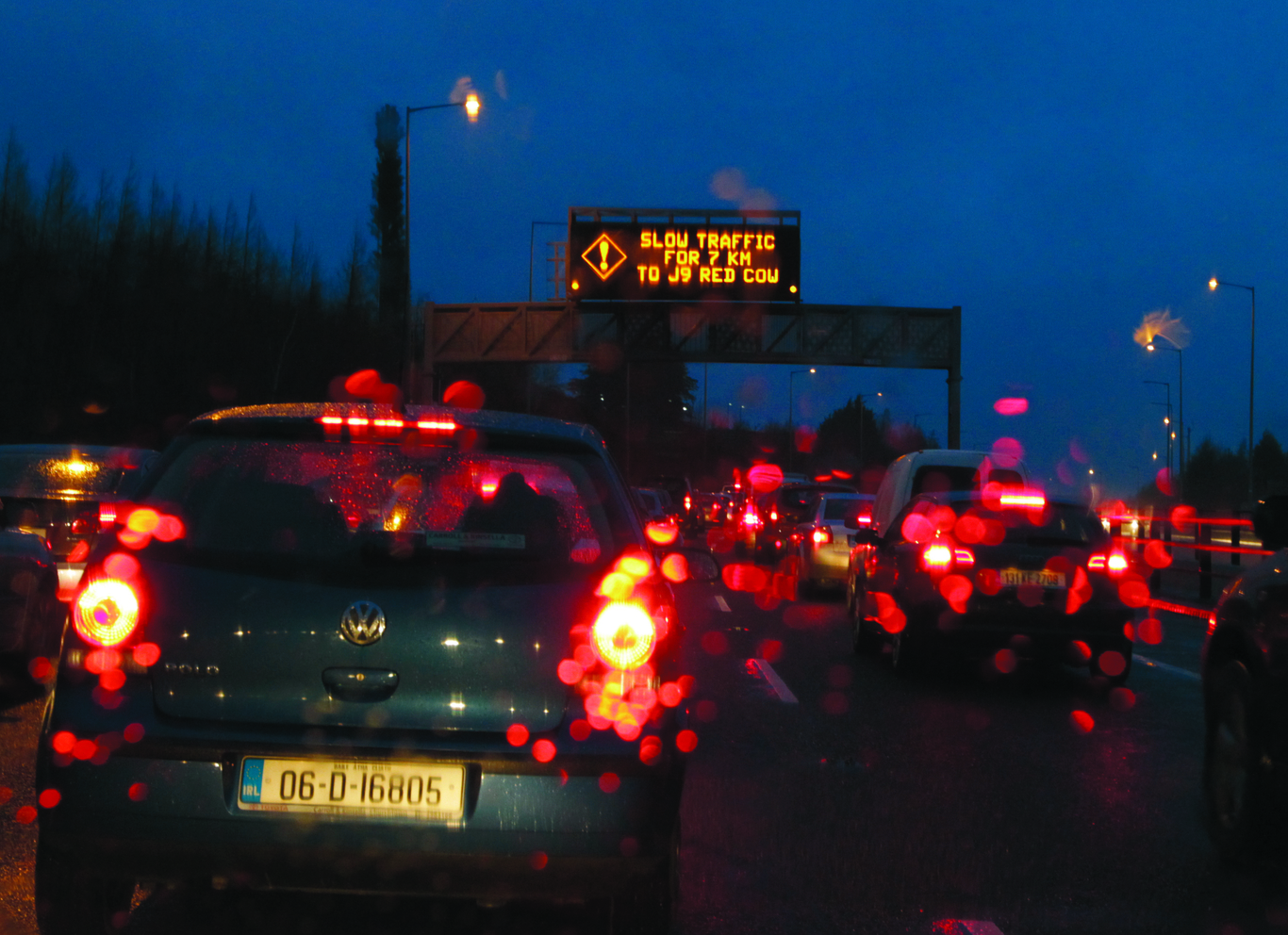'Our challenges will not disappear, they will intensify. We need to invest in Ireland now'
The country is straining under infrastructure problems, from housing to water, schools and hospitals.
THE IRISH ECONOMY is at a critical juncture. Most, if not all, of the leading indicators show that our economy continues to experience strong growth as we enter a period of great uncertainty.
Ireland has weathered well the worst of the immediate impacts of Brexit, potential US tax reform and the backlash against globalisation. However, significant challenges still lie ahead.
In our submission to government ahead of Budget 2018, Ibec has identified 11 challenges currently confronting the Irish economy.
We set out how these can be confronted by putting in place a Brexit mitigation fund to help Irish firms, adequately funding education and training and improving our treatment of SMEs.
What unites most of these issues – and presents the single most pressing challenge currently confronting the Irish economy – is the need to invest in our economic capacity and public infrastructure.
We are now at the end of a decade where we have invested little in public infrastructure, while our population increased by over 400,000 people during the same period. This demographic boom has inevitably resulted in significant pressure to our day-to-day lives.
We have a 19th century network of water infrastructure, a serious housing crisis in our cities and will need 60,000 additional school places over the next five years – even though 950 prefabs remain in use.
There is no mystery to the regular A&E crisis in our hospitals: bed capacity is 34th per capita of 41 OECD countries.
People living in rural communities lack the basic broadband infrastructure necessary to take full advantage of an economy which is becoming increasingly digital.
At the same time, over a quarter of the road network is now running over capacity. All of these infrastructure gaps result in extra costs – they drive up commuting times, they slow down trade, and they hinder skills development.
Ireland’s biggest threat
Brexit notwithstanding, the failure to address these issues is the single biggest threat to our competitiveness and well-being.
As we have seen in other countries, social problems and regional decline easily spill over into political uncertainty and polarisation. We are not immune to these trends.
While vigilance on the government’s fiscal position is key, Ireland cannot remain constrained by its recent past. The latest figures from government show that we are now taking in more than €3 billion annually than we are spending on day-to-day items.
This is necessary to improve our fiscal sustainability, but a failure to invest in the productive capacity of the country will leave us even more exposed to the shifts in a rapidly changing global environment.
The challenges brought on by demographics will not disappear; they will only intensify. In this context, the government’s Summer Economic Statement was a positive change in policy direction.
While it remained prudent about public finances, the plan shows more purpose on the key infrastructural issues facing the country. We set out in today’s Budget submission how more can be done.
The dual challenges of Brexit and a rapidly expanding population require a re-prioritisation of existing resources and finding smarter solutions to raise necessary funds from the private sector and bodies such as the European Investment Bank.
In recent years, Ibec has often identified the treatment of investment under the fiscal rules as a barrier. We believe that it is within the government’s power to invest more within the technical confines of the fiscal rules, if it so chooses.
It could potentially allow €7 billion in additional investment over the coming four years. This should be seen as a limit, rather than a target.
Decisions must be made on the right projects such as connecting our regional cities to each other, improving road access to the north-west, improving rail and bus transport in our cities and providing adequate space in our third-level institutions.
The timing of additional spending must also be right. Taking our advice would allow the government greater room for manoeuvre if Brexit significantly impacts our economy after 2019, by increasing investment to shore up our regional economies.
We should not miss this opportunity.
Gerard Brady is a senior economist at Ibec.
If you want to share your opinion, advice or story, email opinion@fora.ie.






